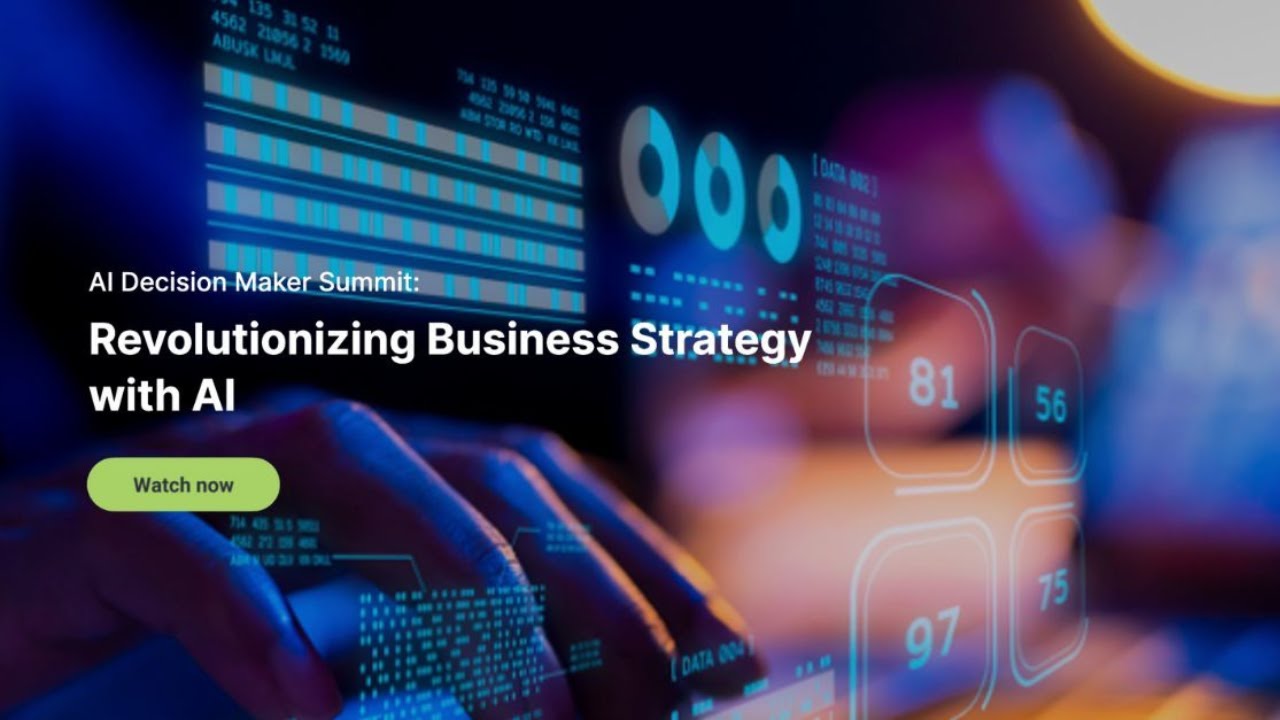- Top HR leaders are using AI and data to improve workforce planning.
- AI creates a more equitable recruiting process by providing skills matching, transparency, and engaging entire talent pools, including former employees, contractors, and candidates.
- AI helps talent managers make the most of their workforces by understanding employee skills and how they match to roles to drive better employee experiences, career pathing, and succession planning.
In a short period of time, HR leaders have taken AI from an interesting idea to putting it into practice, analyzing large volumes of workforce data about employee skills.These AI-driven insights are now empowering organizations to make more informed and timely recruiting and talent management decisions across the entire talent life cycle.
I’ve seen firsthand how our customers are unlocking skills to drive business results and learning how to build or acquire those skills.
In a recent panel discussion on revolutionizing business strategy with AI, we talked about how AI is enhancing workforce operations. We also delved into the three common ways HR leaders use AI to enable data-driven decisions and take more informed actions in hiring and managing talent.

Related content: Watch Andrea Shiah, Head of Talent Strategy and Transformation at Eightfold AI, talk about how AI-driven data helps HR leaders make better, faster decisions in Revolutionizing business strategy with AI.
AI drives employee engagement
Post-pandemic, most organizational leaders have realized that workforces are their most important asset. To create high-quality experiences for top performers, they know they need to provide more opportunities for career development. We saw this play out en masse during the Great Resignation, a time when employees started leaving jobs at astonishing rates.
With AI, HR leaders and business leaders can now give employees more transparency into career-pathing opportunities.
Identifying future roles can be a mystery, requiring a strong network to be able to learn more about roles in other organizations. AI gives employees the power to see how their skills overlap with many potential roles, creating pathways that they can choose based on their career goals and interests.
Employees can create a personalized portfolio of their skills that can be used to look for their next role or future role. And they can understand what skills they need to acquire to pursue new career paths.
Throughout these processes, AI is collecting data and learning about every employees’ skills, capabilities, and interests to drive their careers forward.
Considering that only 30% of U.S. employees are engaged in their work, empowering them to shape their career paths boosts employee engagement and retains valuable talent.
Understanding what employees are thinking and feeling is important too. Today’s pace of business requires that HR leaders need to do more than annual engagement surveys. With AI, HR teams can take frequent temperature checks with employees that includes their feedback, pulse surveys, and exit interviews to address issues in real time.
Related content: Ready to elevate everything in your talent processes — and improve employee experience and business outcomes? Watch our new series, Talent Table, where today’s top HR minds get together to share advice and best practices on improving every aspect of the talent life cycle. Episodes streaming on demand.
AI drives better recruiting experiences
Many organizations are competing for the same talent. Recruiting with AI-native, data-driven solutions can expand the talent pool. Recruiters can see former applicants who can be considered “warm leads” as they have gone through the application process for an organization and are interested in working for that organization.
AI also increases diversity, which often leads to a larger pool of high-quality talent. Recruiters can match candidate’s skills to roles based on their skills, making the hiring process more inclusive.
From the candidate’s perspective, job searching can be confusing. It’s difficult for a candidate to navigate an unknown organization and find the right roles. Job descriptions and titles aren’t always clear.
By using skills, AI opens the playing field to bring the right candidates to the right jobs. Skills matching creates transparency by surfacing only the most qualified talent, so recruiters are less likely to leave top talent behind because there are too many résumés to manually review.
AI improves the employee experience
It’s time-consuming to hire the right talent. Recruiting includes finding good fits, interviewing, and selling them on your organization.
Once hired, your onboarding experience should have just as much attention to detail as your recruiting process. Poor onboarding is shown to lead to high turnover — studies show that 20% of new hires quit within the first 45 days of employment.
AI can help ease the burden of onboarding. Based on the new employees’ skills and interests, talent leaders can develop customized training plans to bring employees up to speed when they start. With a concrete plan in place, new hires feel more valued and have more positive onboarding experiences.
While HR leaders are still experimenting with AI in hiring and managing talent, those using it are seeing strong results. For greater visibility into skills and career pathing that lead to organizational and personal career success, you’d be hard-pressed to find anything that aligns HR and business goals more efficiently and effectively than AI.
Andrea Shiah is the Head of Talent Strategy and Transformation at Eightfold AI, where she is an adviser to talent leaders helping them understand how AI and a skills-based approach to talent strategy enables their business priorities and prepares them for the change needed to remain competitive.
Watch the full panel discussion, Talent on Tap: AI for workforce optimization, on demand now.










